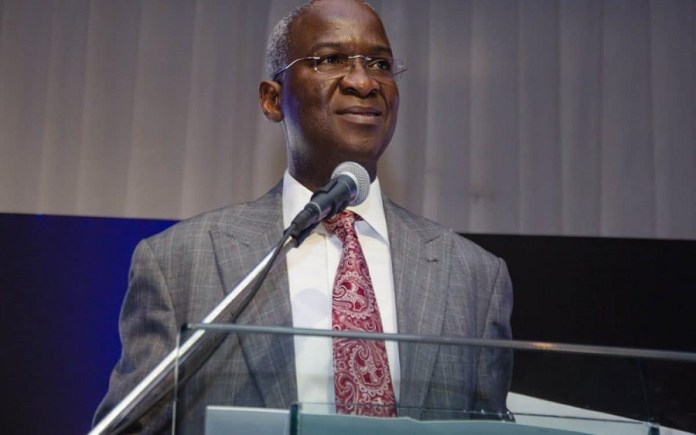The Federal Government is proposing the sum of N60.87 billion for capital projects in the housing sector next year. This is an increase from the N35.4 billion which was earmarked the same purpose in last year’s budget.
The Minister of Works and Housing, Babatunde Fashola disclosed this during the 2020 budget defence before the Senate Committee on Housing, chaired by Senator Sam Egwu, in Abuja.
The Details: Fashola proposed the sum of N118,881,182.99 for overheads while he earmarked N4.418,829,837.00 for personnel cost. He explained that the sum of N60.87 billion would be targeted at prioritized projects in the 2020 budget proposals.
The high priority projects include the completion of 1,155 blocks of 2,383 units of housing under the National Housing Programme in the 36 states of the Federation and the Federal Capital Territory (FCT), as well as the completion of ongoing Federal Secretariats in six states (Anambra, Bayelsa, Ekiti, Nasarawa, Osun and Zamfara).
Other projects expected to gulp money include the Design and installation of solar power PV Microgrid System and Energy Retrofitting of the Federal Ministry of Works and Housing Headquarters Mabushi Abuja.
Due to the housing deficit in Nigeria, the United Nations advised the Nigerian Government to start taxing vacant houses in the country. This advice came from a UN Special Rapporteur on the Rights to Adequate Housing, Leilana Farha who saw the need for the Nigerian Government to address housing challenges in the country by imposing vacant home tax on citizens.

What you should know: Presently, Nigeria’s housing deficit is about 22 million units, and for a country with a population of nearly 200 million people, it will require a minimum of an additional 2 million housing units per annum for 10 years.
The Nigerian government, however, estimated that the housing sector would need about $400 billion investment over the next 25-30 years to resolve this deficit. On the other hand, the World Bank said bridging the deficit would cost the country about N59.5 trillion, which further tallies with the estimation of the Federal Mortgage Bank of Nigeria which puts it at about N56 trillion.
Source: Nairametrics





